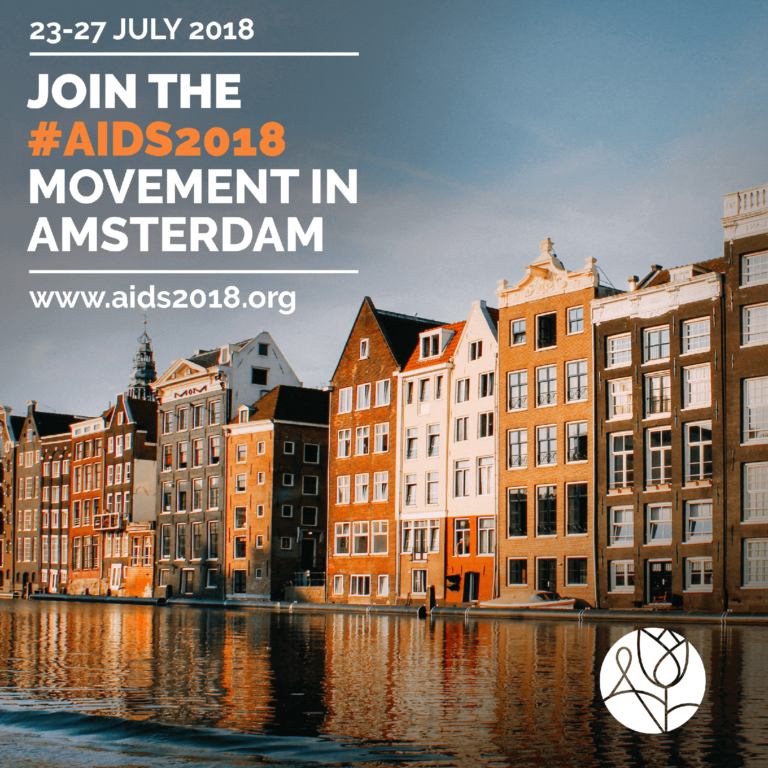
IAS is Looking for Global Village and Youth Activity Reviewers and Rapporteurs
International AIDS Society (IAS) is looking for Global Village and Youth Activity (GV&YA) Reviewers and Rapporteurs for 22nd International

International AIDS Society (IAS) is looking for Global Village and Youth Activity (GV&YA) Reviewers and Rapporteurs for 22nd International
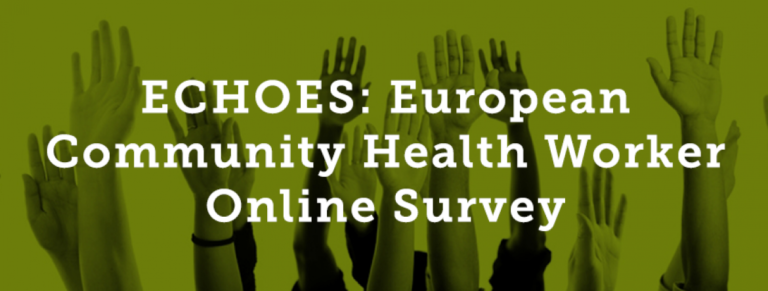
The first ever Europe-wide online survey has been launched with the aim of improving health care services for
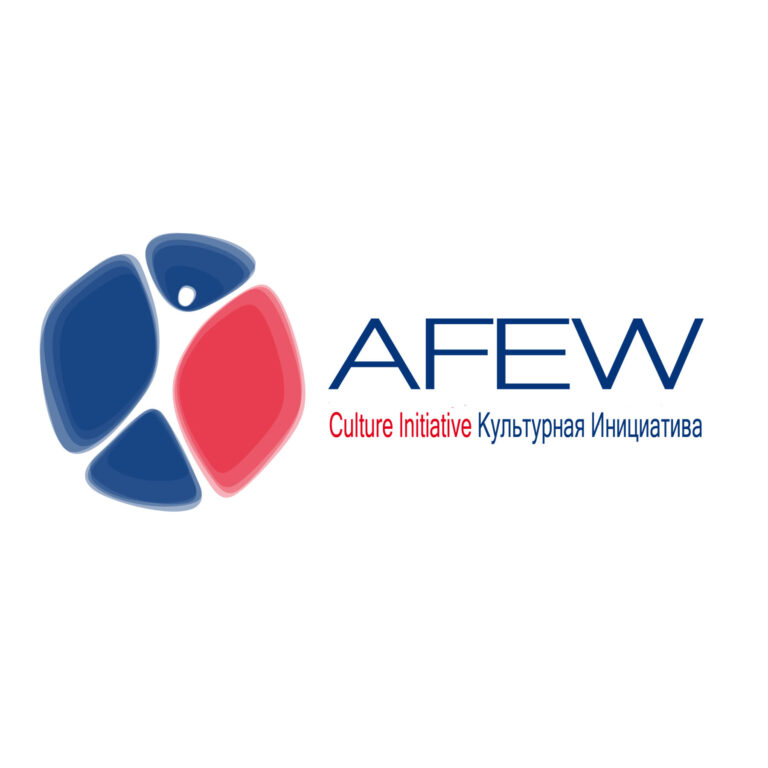
There will be three long term residencies (2-3 months) for artist to be placed outside traditional art spaces in institutes and organisations that work in the social and health sphere, such NGO’s, Health-, Research-, and Cultural Institutes. The invited artists will interact with social and health professionals, artists and art organisations in the Netherlands. The artists are asked to reflect on the relationship between the Netherlands and EECA countries in the sphere of social and public health matters. The final works will be presented at AIDS 2018.
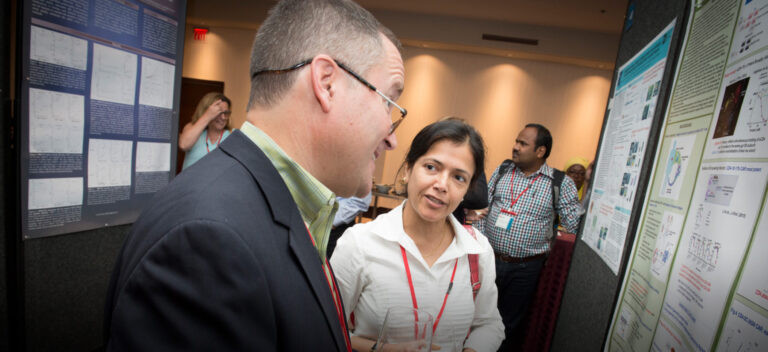
Abstract mentors are needed for the 22nd International AIDS Conference (AIDS 2018) in Amsterdam. The Abstract Mentor Programme (AMP) was introduced at the 15th International AIDS Conference in 2004, with the objective to help young or less experienced researchers improve their abstracts before submitting them, in order to increase the chance of their work being presented at conferences.
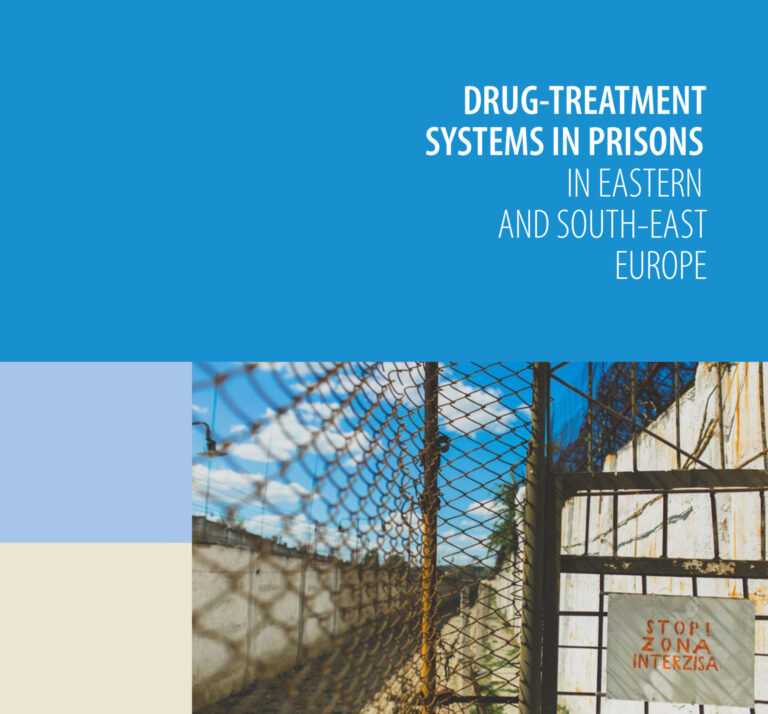
Council of Europe Co-operation Group to Combat Drug Abuse and Illicit Trafficking in Drugs published a new publication “Drug Treatment Systems in Prisons in Eastern and Southeastern Europe”. The publication sheds light into the situation of drug users among criminal justice populations and corresponding health care responses in ten countries in Eastern and Southeastern Europe: Albania, Bosnia-Herzegovina, Georgia, Kosovo, Macedonia, Moldova, Montenegro, Russia, Serbia, and Ukraine. AFEW’s board member Vladimir Mendelevich is one of the contributors of the publication.
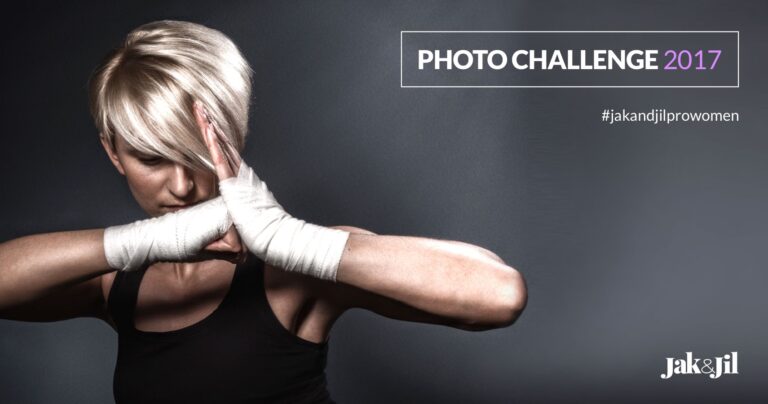
The PhotoChallenge is an university challenge that has among its main objectives to promote debate and reflection on themes relevant to society, stimulating student engagement in projects that use photography as the main form of social, political and cultural expression. The theme that was chosen this years is Girl Power.

Eurasian Gender Academy is developed in response to the pressing need to address the persistent gender inequalities and human rights violations that put Women, Girls and Transgender (WG/TG) at a greater risk of, and more vulnerable to HIV, hepatitis and tuberculosis. This event is conducted in the framework of RCNF-funded Project “Eastern European Regional Platform for Accelerated Action for Women, Girls and Transgender in in HIV/AIDS Context”.
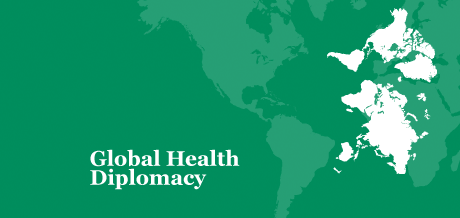
The United Nations General Assembly Special Session on the World Drug Problem held in April 2016 in New York was a clear demonstration of the growing momentum in favour of drug policy reform. Even though the outcome document raised some promising points, it has been criticised for containing almost no operational outcomes or actions to address the challenges, tensions and contradictions currently existing in international drug control.
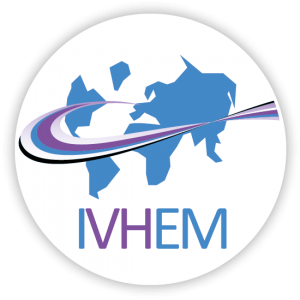
The International Viral Hepatitis Elimination Meeting (IVHEM) will take place in Amsterdam on the 17-18th November 2017. The registration for the meeting is already opened and the program is announced. IVHEM is a global forum for the exchange of practical experiences for translating diagnostic and therapy advances of viral hepatitis into broad applications that accelerate progress toward elimination of viral hepatitis as a public health threat by 2030.
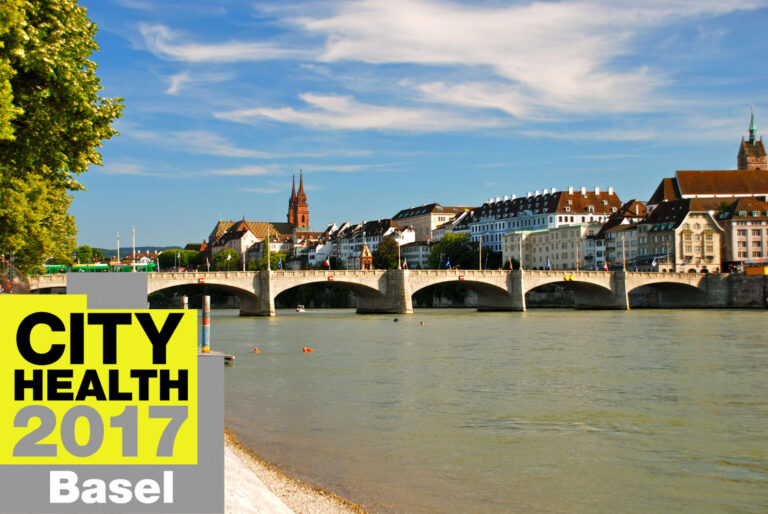
‘Empowerment, Engagement and Partnership: participating to develop healthy cities’ reflects the belief that measures and actions for health promotion and urban development are more effective if the affected populations play an active and co-decisive role in the process of design, development and delivery. Evidence demonstrates that such engagement and participation contributes to sustainable solutions, to a greater identification with urban public space and increased intergenerational communication.